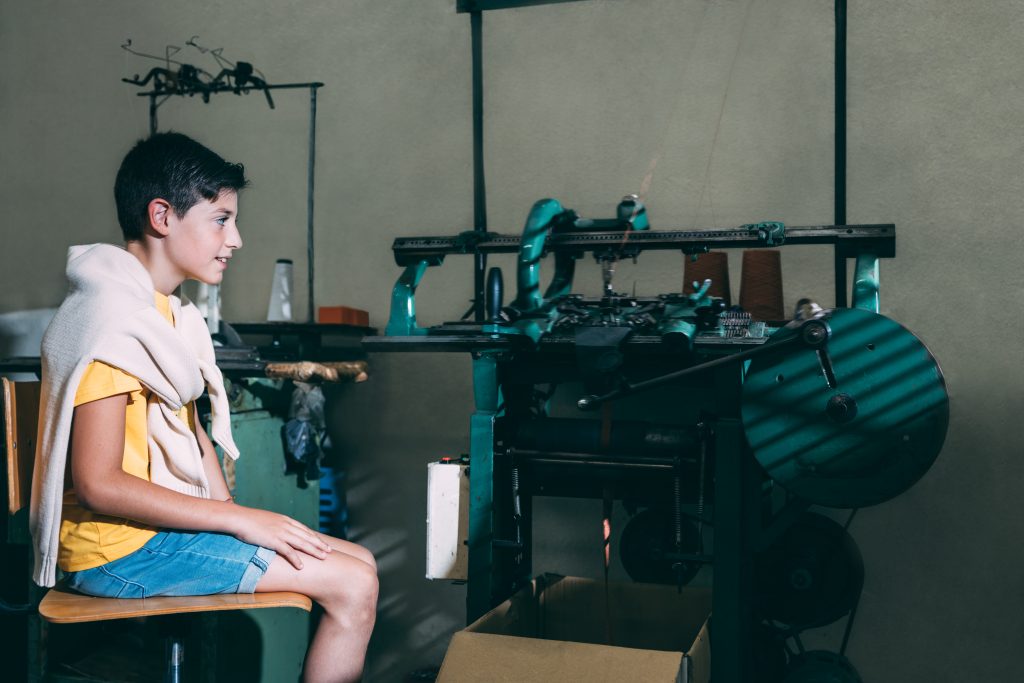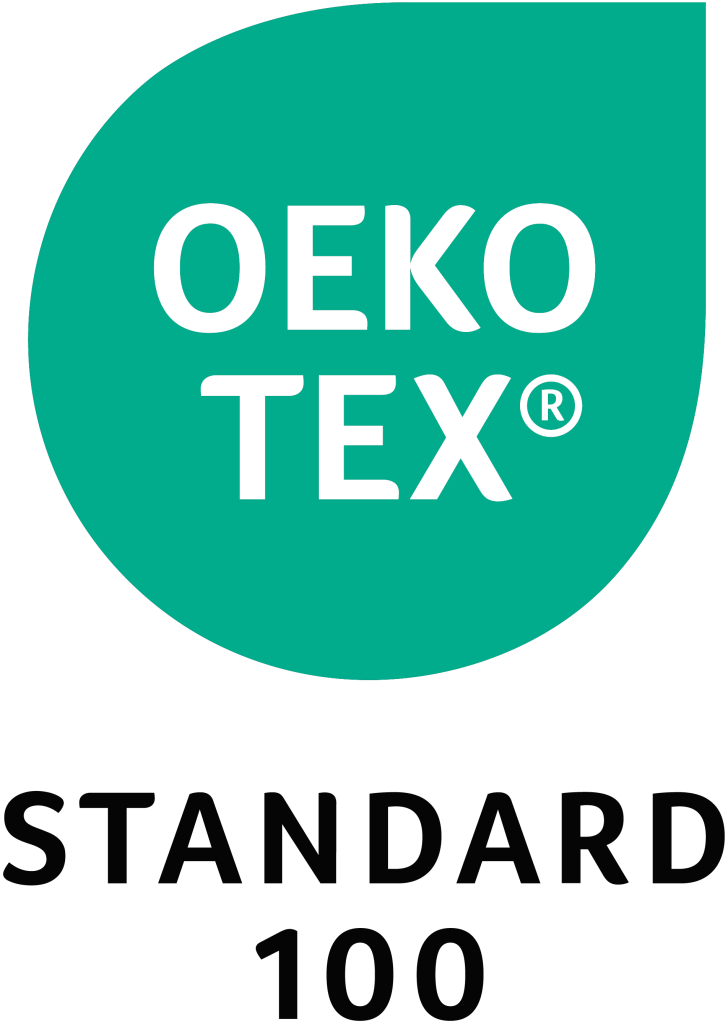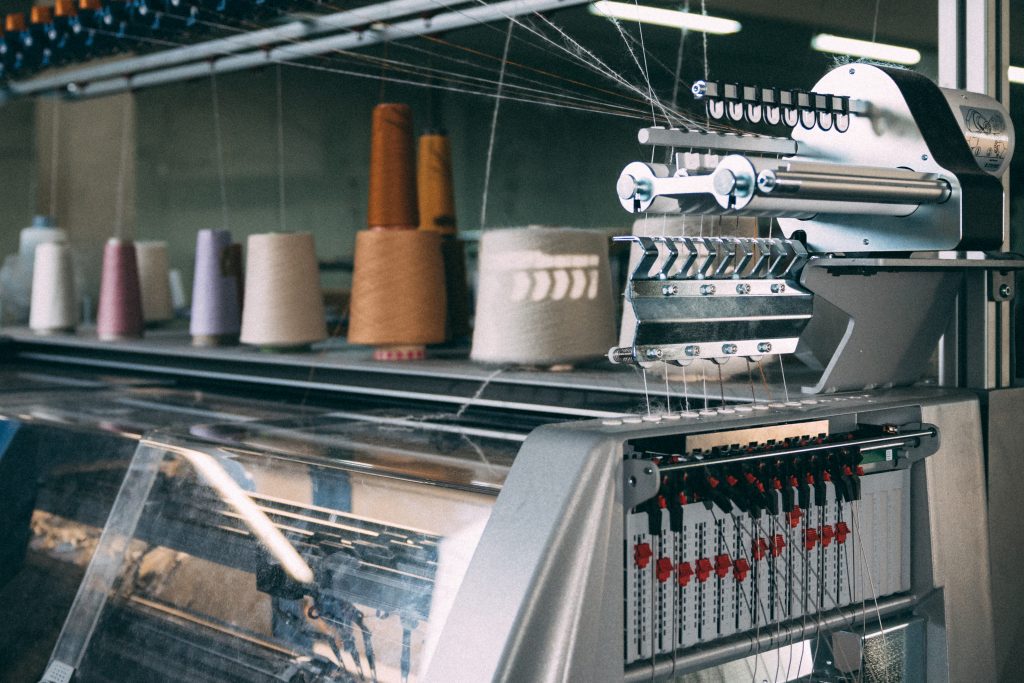Made in Portugal
Quality


Commitment
Transparency, quality, innovation and sustainability. We are “Made in Portugal”. These values characterise us and help to take our work to more than 15 countries where we offer collections for the most diverse segments.
What do we do?
Services
Padrão combines the latest technology with a continuous production line and with young but experienced teams dedicated to the production of straight knits under the Private Label regime. These allied factors give us the ability to produce quickly and efficiently while ensuring customer needs.
Knitting
It has state-of-the-art flat machines, ranging from the gauge 3,5,7,12,14 where it allows us to offer a variety of types and stitch patterns.
Confection
We have a team of more than 20 highly qualified and dedicated employees, with more than 20 years of experience.
Professional Advice
We have an excellent team to advise you both in terms of creation, development, and production.

We take care of the next generations
Sustainability
We are committed to reducing our environmental footprint and paving the way for the future. We do our best to avoid waste and we always give priority to projects that use eco-sustainable raw materials for the parts we make, whether recycled, organic, biodegradable or certified.
Certifications
Social Responsibility
At Padrão, we care about our pieces and our clients at the same level. Everything we do is managed by principles of quality, environment, management or social responsibility.



